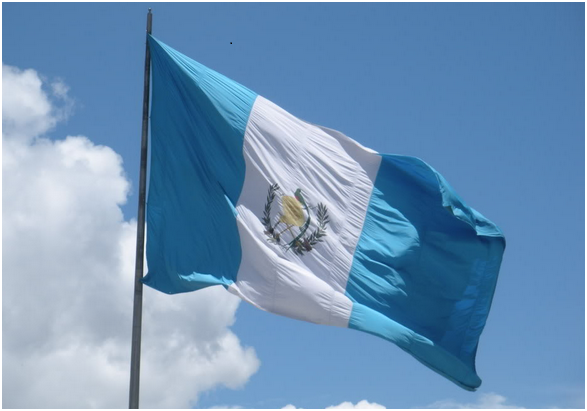
Sep 17, 2018 | Artículos, Noticias
La Corte de Constitucionalidad hizo pública ayer 16 de septiembre, su decisión de ordenar permitir el ingreso al país, del comisionado de la Comisión Internacional contra la Impunidad (CICIG), Iván Velásquez.
La CIJ celebra dicha decisión, ya que permitirá continuar el trabajo de la CICIG y de esta forma la decisión de la Corte de Constitucionalidad, logrará remover uno de los obstáculos más apremiantes, impuestos por el propio Presidente de la República, para el cumplimiento de las obligaciones internacionales del Estado de Guatemala, contenidas en el Acuerdo Internacional de Derechos Humanos que crea dicha comisión.
Con respecto a los recursos de amparo que buscan dejar sin efecto la decisión del Presidente de la República de no prorrogar el mandato de la CICIG, la Corte de Constitucionalidad (CC) decidió no otorgar el amparo provisional y, por lo tanto, los procesos deberán continuar hasta su resolución final.
Para el efecto, la CIJ insta a la Corte de Constitucionalidad, a respetar los plazos legales y resolver finalmente los recursos de amparo, conforme los principios, costumbre internacional y normas del Derecho Internacional de los Derechos Humanos.
La CIJ reitera que el no prorrogar el mandato de la CICIG, también podría causar un grave daño a la justicia y ser un obstáculo definitivo para el cumplimiento de las obligaciones internacionales del Estado de Guatemala, de combatir la impunidad.
Con respecto al diálogo que deberá continuar para resolver las diferencias, según el artículo 12 del Acuerdo Internacional de Derechos Humanos citado, la CIJ considera que es necesario incorporar a dicho diálogo, al Procurador de los Derechos Humanos y a la Sociedad Civil organizada, que fueron precisamente quienes propusieron la creación de tan importante comisión.
Uno de los puntos fundamentales a analizar entre todos los actores involucrados, entre otros temas, es si las entidades estatales nacionales ya están suficientemente fortalecidas y capacitadas para continuar la lucha contra la impunidad, sin el apoyo de la CICIG.
La CIJ considera que para seguir impulsando acciones eficientes en la lucha contra la corrupción e impunidad, es de vital importancia suspender los efectos de la decisión gubernamental, de no prorrogar el mandato de la CICIG.
De esta forma, se dará mayor confianza y viabilidad al diálogo entre todas las partes sobre el futuro de la CICIG; además, de esta forma se protegerán los derechos de la población guatemalteca.
Ramón Cadena, Director de la Comisión Internacional de Juristas para Centroamérica expresó: “Falta revertir la decisión del Presidente Jimmy Morales de no prorrogar el mandato de la CICIG. De esta forma, quedarán removidos todos los obstáculos impuestos a la CICIG y se contribuirá al fortalecimiento del Estado de Derecho en el país.”
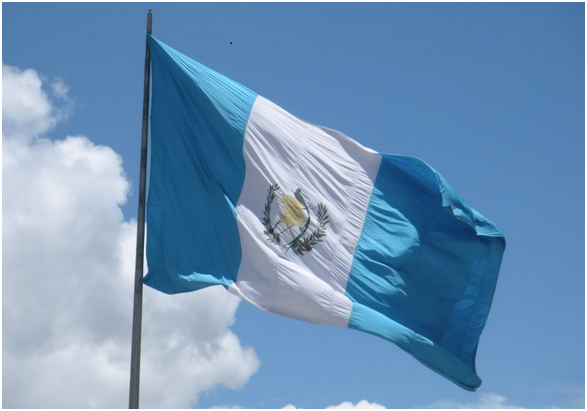
Sep 17, 2018 | News
On 16 September, the Constitutional Court made public its decision to order that the Commissioner of the International Commission against Impunity (CICIG) Iván Velásquez be permitted to re-enter the country.
For more than a decade, the UN-backed CICIG has helped investigate high-profile officials for corruption.
Under the tenure of head commissioner Ivan Velasquez, the CICIG has helped Guatemalan prosecutors investigate and prosecute many high-level politicians, judges and government officials, including former president Otto Perez Molina and members of his cabinet.
Elected in 2015, current President Jimmy Morales initially supported the CICIG but he himself and other family members have become subjects of investigations into illegal campaign financing. They deny all charges.
President Morales declared on 31 August that he would not renew the mandate of the CICIG which is due to expire in September 2019 and then proceeded to ban Commissioner Velasquez from re-entering the country.
This decision sparked a number of protests including legal challenges in the Constitutional Court.
“The decision by the Constitutional Court should permit the CICIG to continue its work. It removes one of the greatest obstacles, imposed by order of Guatemalan President Jimmy Morales himself, to the fulfilment of Guatemala’s international obligations, as enshrined in the International Accord on Human Rights which created the Commission,” said Ramon Cadena, ICJ Director for Central America.
With respect to the amparo lawsuits which sought an injunction to reverse the the decision of the President Morales not to renew the mandate of the CICIG, the Constitutional Court declined to order provisional measures and therefore these legal proceedings will continue until they are determined in court.
“The ICJ urges the Constitutional Court to respect the legal time limits and to make a final decision on the lawsuit, in compliance with international human rights law and standards.
If the mandate of the CICIG were not renewed, it would seriously affect access to justice and constitute a major obstacle to the fulfilment of Guatemala’s international obligation to combat impunity,” Ramon Cadena added.
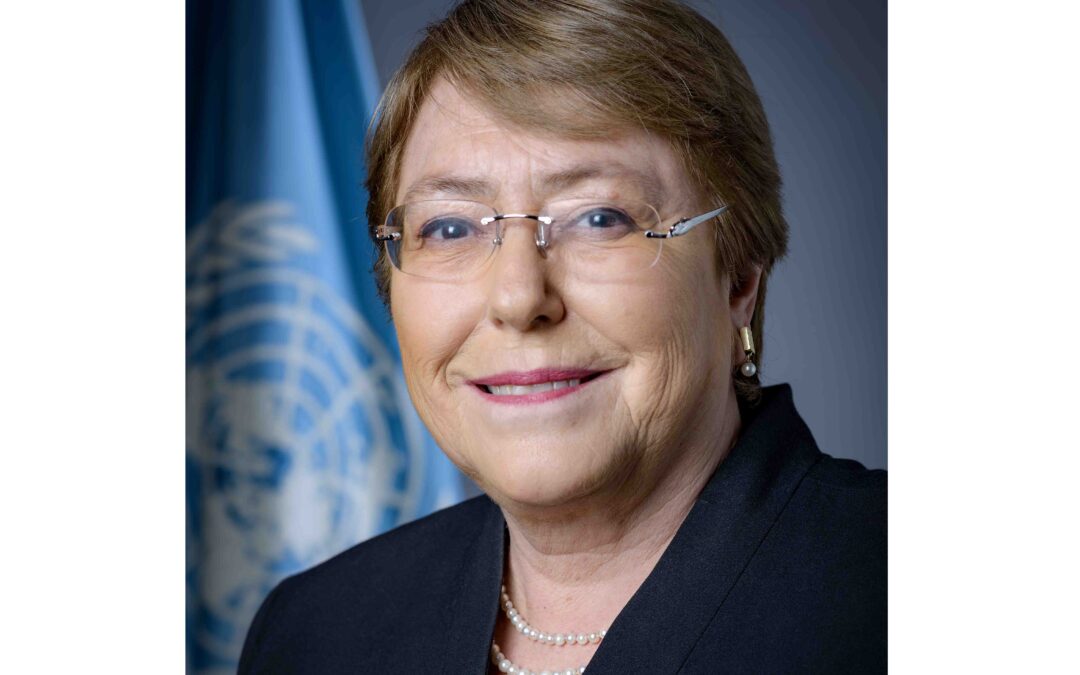
Sep 14, 2018 | Noticias
El 14 de septiembre 2018, la CIJ junto a 67 otras organizaciones internacionales y guatemaltecas de la sociedad civil enviaron una carta a la Alta Comisionada de las Naciones Unidas para los Derechos Humanos, Michelle Bachelet, para expresar sus graves preocupaciones en relación a los acontecimientos recientes restringiendo los esfuerzos para combatir la impunidad en el país.
Estos incluyen la decisión del Presidente Jimmy Morales el 31 agosto de 2018 de no renovar el mandato de la Comisión Internacional contra la Impunidad en Guatemala (CICIG); y la decisión subsecuente de parte de las autoridades guatemaltecas el 4 septiembre de 2018 de prohibir el regreso al país del comisionado de la CICIG Iván Velásquez; y las reformas judiciales aprobadas por el Congreso el 6 septiembre de 2018 que amenazan a socavar la independencia judicial y la función de los y las jueces de la Corte de Constitucionalidad y la oficina del Procurador de los Derechos Humanos.
Los signatarios expresaron su beneplácito por la referencia crítica sobre estos acontecimientos de parte de la Alta Comisionada en sus observaciones en la apertura del 39º periodo de sesiones del Consejo de Derechos Humanos.
En su carta, las organizaciones pidieron a la Alta Comisionada de continuar apoyando la luche contra la corrupción y la impunidad en Guatemala y de seguir presionando a las autoridades guatemaltecas para que adopten las medidas necesarias para facilitar el cumplimiento del mandato de la CICIG según los términos del Acuerdo firmado entre Guatemala y las Naciones Unidas.
La carta en español está disponible aquí. Guatemala-Letter to Michelle Bachelet-News-2018-SPA
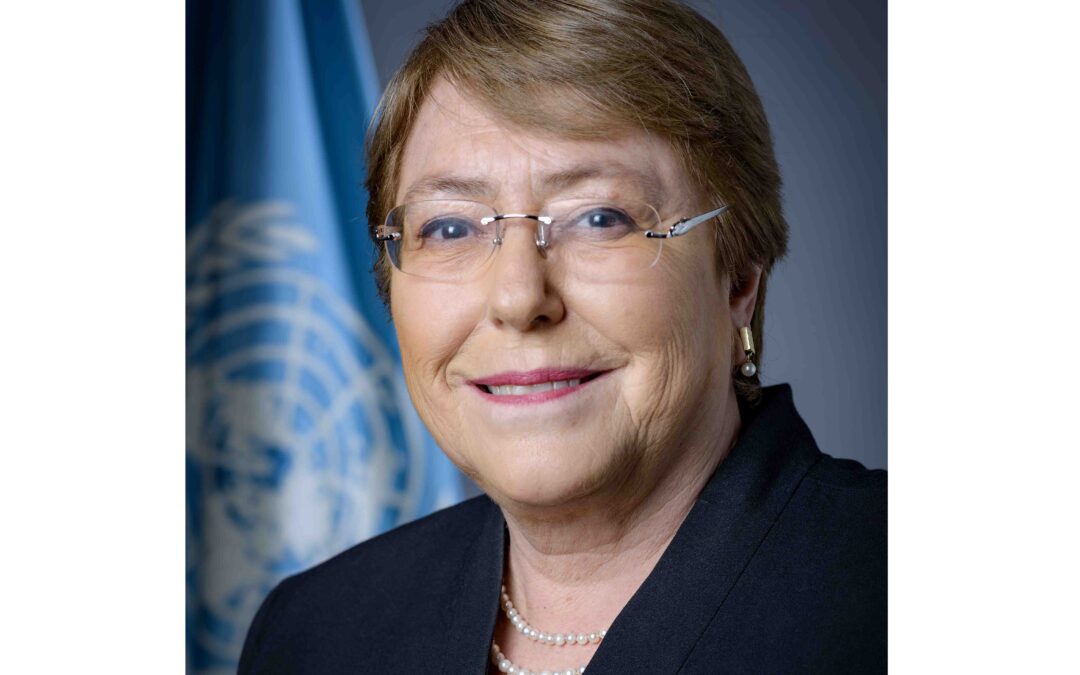
Sep 14, 2018 | News
On 14 September 2018, the ICJ joined 67 other international and Guatemalan civil society organizations in a letter to the High Commissioner for Human Rights, Michelle Bachelet, to express grave concern about recent developments to curtail anti-impunity efforts in the country.
These include President Jimmy Morales’ decision on 31 August 2018 not to extend the mandate of the International Commission against Impunity in Guatemala (CICIG); the Guatemalan authorities’ subsequent decision on 4 September 2018 to prohibit the re-entry into the country of the CICIG’s Commissioner Iván Velásquez; and judicial reforms adopted by Congress on 6 September 2018 that threaten to undermine the independence of the judiciary and the function of the Constitutional Court judges and the office of the Human Rights Ombudsman.
The signatories welcomed the High Commissioner’s critical reference of these developments in her opening remarks to the 39th session of the Human Rights Council.
They asked that the High Commissioner give continued support in the fight against corruption and impunity in Guatemala and called on her to press the Guatemalan authorities to adopt necessary measures to facilitate compliance with the mandate of the CICIG under the terms of the Agreement signed between Guatemala and the United Nations.
The letter is available here (in Spanish): Guatemala-Letter to Michelle Bachelet-News-2018-SPA
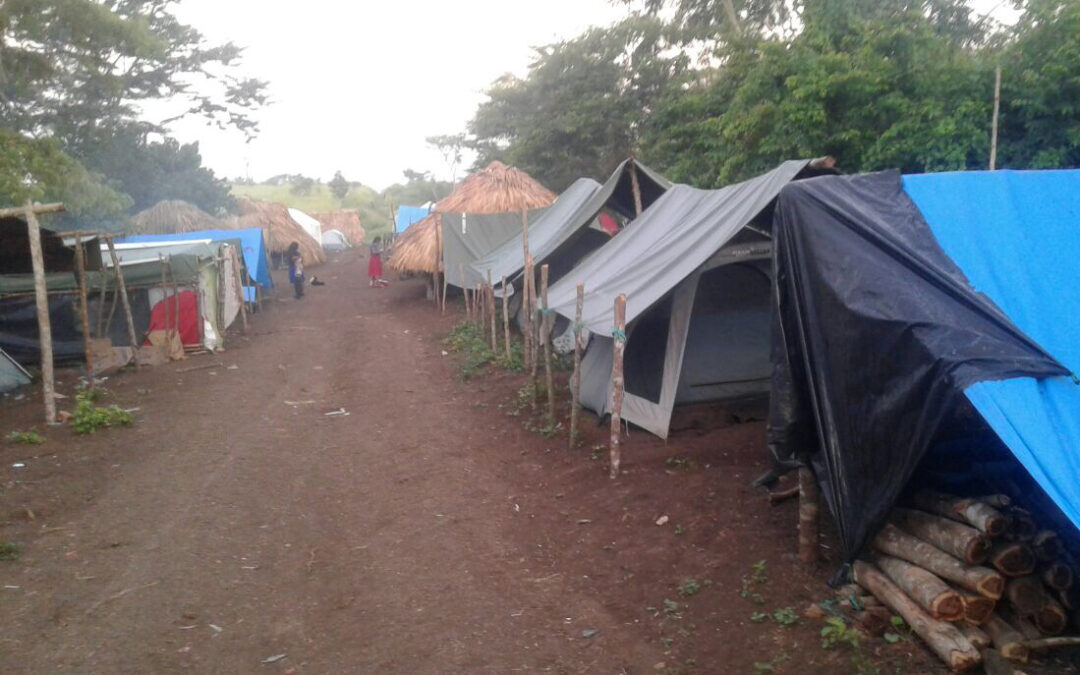
Jul 27, 2018 | News
On 25 July, the ICJ visited the displaced persons of the Laguna Larga community, who were forcibly evicted from their homes over a year ago.
These displaced persons are now living in makeshift tents in infra-human conditions in the El Desengaño community, municipality of Candelaria, State of Campeche on the frontier between Guatemala and Mexico.
Their health and well-being are at serious risk.
On 8 September 2017, the Inter-American Commission on Human Rights (IACHR) granted precautionary measures in favour of the evicted and displaced community of Laguna Larga (Resolution 36/2017 Precautionary Measures No 412-17), calling on the Guatemalan authorities to adopt the “necessary measures to protect the rights to life and to personal integrity of the beneficiaries, through measures designed to improve, among other aspects, their sanitary and health conditions, in particular of children, women and the elderly”.
To date, the Guatemalan authorities have taken no action to implement the precautionary measures.
The ICJ was able to observe that the only measure adopted by the Guatemalan State has been to provide the displaced community with two teachers to give classes to the children.
However, the ICJ could also observe that the educational installations are precarious, too hot and very dark, which makes it difficult to give classes.
No sanitary nor health services have been provided by the Guatemalan authorities. On 24 July, a child died only 30 hours after her birth, seemingly a consequence of lack of medical attention.
Neither have other precautionary measures concerning food, access to water and housing been implemented.
The ICJ is deeply concerned that the Guatemalan State has not fulfilled the requirements of the IACHR and that after a year, the rights to life and personal integrity of the displaced community of Laguna Larga is at risk of irreparable harm.
In the face of the inaction of the Guatemalan authorities, members of the Laguna Larga community with the support of Mexican and Guatemalan organizations have managed to implement various projects to provide drinking water, electricity, food and health services.
However, despite these important efforts, this humanitarian support remains insufficient given the serious crisis.
While the efforts of the Laguna Larga community and Mexican and Guatemala non-governmental organizations have been an example of civil society organization, it in no way exonerates, substitutes or reduces the responsibility of the Guatemalan State to guarantee the rights to life and personal integrity of the displaced population and to implement the precautionary measures ordered by the IACHR.
Ramon Cadena, Director of ICJ’s Central American Office, said:
“Given this situation, the ICJ urges the Guatemalan authorities immediately to fulfil the Inter-American Commission on Human Rights’ precautionary measures 412-17 and to resume the dialogue that was started before the eviction. According to international standards, the State should provide reparations for all the harm and prejudice caused.”









